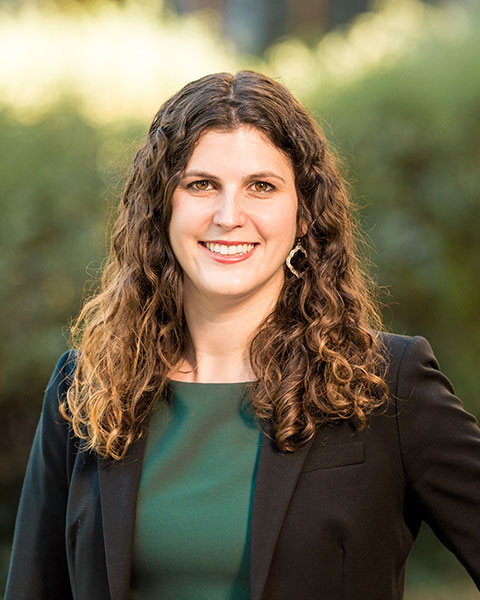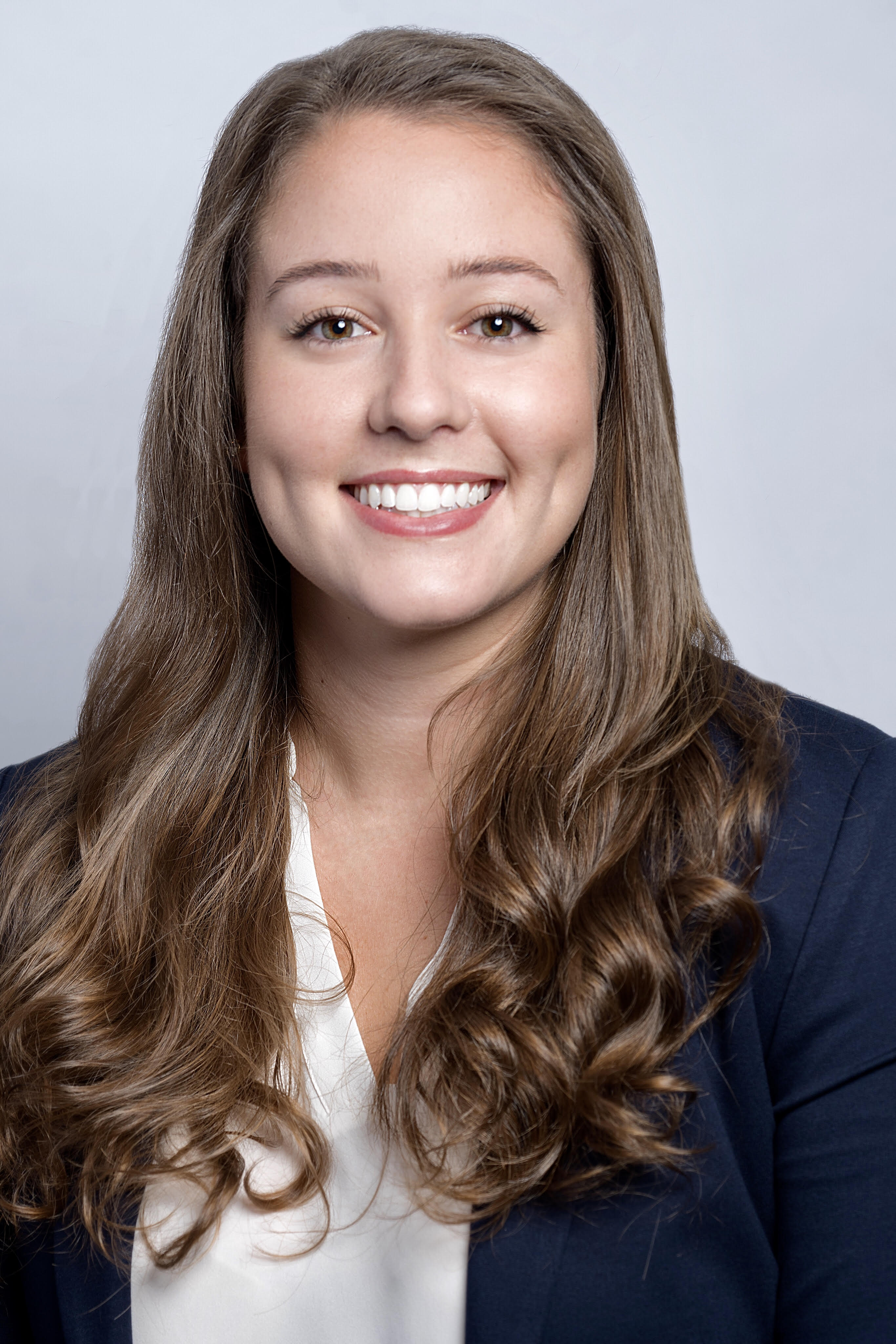Category: Parenting / Families
Symposium 46 - Service-Delivery Methods for Building Parent Capacity in the Face of Child Adversity
Level of Familiarity: Basic to Moderate
Recommended Readings: Grummitt, L. R., Kreski, N. T., Kim, S. G., Platt, J., Keyes, K. M., & McLaughlin, K. A. (2021). Association of childhood adversity with morbidity and mortality in US adults: a systematic review. JAMA pediatrics, 175(12), 1269-1278., Bryant, D. J., Oo, M., & Damian, A. J. (2020). The rise of adverse childhood experiences during the COVID-19 pandemic. Psychological Trauma: Theory, Research, Practice, and Policy, 12(S1), S193., Wang, X., Heath, R. D., Majewski, D., & Blake, C. (2022). Adverse childhood experiences and child behavioral health trajectory from early childhood to adolescence: A latent class analysis. Child Abuse & Neglect, 134, 105879., ,
-
JL
Jasmine Lewis, M.S. (she/her/hers)
Graduate Student
Virginia Polytechnic Institute and State University
Blacksburg, Virginia -

Rosanna Breaux, Ph.D. (she/her/hers)
Assistant Professor
Virginia Polytechnic Institute and State University
Blacksburg, Virginia -
KT
Kate Theimer, Ph.D. (she/her/hers)
University of Oklahoma Health Sciences Center
Oklahoma City, Oklahoma -
AS
Ashley Tempel Scudder, Ph.D. (she/her/hers)
Research Scientist
Iowa State University
Ames, Iowa -

Lindsay Druskin, M.S. (she/her/hers)
Doctoral Student
West Virginia University
Morgantown, West Virginia -
GM
Gina May, M.A. (she/her/hers)
Graduate Student
University of Nebraska-Lincoln
Lincoln, Nebraska -
PG
Paulo Graziano, Ph.D.
Professor
Florida International University
Miami, Florida -
HR
Heather Risser, Ph.D. (she/her/hers)
Northwestern University Feinberg School of Medicine
Oak Park, Illinois
Chair(s)
Discussant(s)
Presenter(s)
Adverse childhood experiences (ACEs) is a large umbrella term including any potentially traumatic event that can have negative lasting effects on well-being; this ranges from childhood maltreatment; exposure to parent mental health, substance abuse, or incarceration; food insecurity, homelessness, loss of a parent, or placement in the foster care system. ACEs are associated with significant negative outcomes in childhood and adulthood, including poor mental and physical health outcomes, increased risk for suicide attempts, chronic health issues, revictimization (e.g., experiencing rape in young adulthood), and increased risk for perpetrating domestic violence (Grummit et al., 2021; Perepletcjikova & Kaufman, 2010; Ports et al., 2020; Wang et al., 2022). The COVID-19 pandemic and its associated stressors (e.g., parental job loss, increased stress, food insecurity, loneliness, increased family conflict) have resulted in increased ACEs, including increased risk for child abuse (Bryant et al., 2020; Lawson et al., 2020; Rodriguez et al., 2021). Theory and research point to the importance of the parent-child relationship and effective parenting practices for reducing risk for ACEs and for the negative sequalae of children who have experienced such adversity (e.g., Greene et al., 2020; Thomas & Zimmer-Gembeck, 2011; Warren & Font, 2015). As such, the goal of this symposium is to highlight five service-delivery methods for building parent capacity to support children following ACEs.
This symposium represents a cross-SIG collaboration between the Parenting and Families SIG and the Child Maltreatment and Interpersonal Violence SIG. Specifically, Dr. Ashley Scudder will first speak on her work delivering Parent-Child Interaction Therapy (PCIT) to families with current or past corrections involvement. Second, Lindsay Druskin will report on work she is doing providing PCIT with opioid-impacted families in Child Advocacy Centers in West Virginia during the COVID-19 pandemic. Third, Gina May will present her research on Project SAFE (Sexual Abuse Family Education), which is a 12-week parallel cognitive-behavioral group treatment program for youth who have experienced sexual abuse and their non-offending caregivers. Next, Dr. Paulo Graziano will speak on his pilot work on two early intervention parenting programs for families experiencing homelessness. Our final talk will be delivered by Dr. Heather Risser, who will discuss the pilot study she conducted on a family navigator model to build foster parent capacity to address mental health needs of children in the foster care system. Finally, Dr. Kate Theimer a licensed clinical psychologist at the Oklahoma Children’s Hospital Center of Child Abuse and Neglect and Child Study Center, will discuss the importance of community-engaged, evidence-based intervention/prevention research and programs to improve parental competency for families exposed to ACEs.
This symposium aims to provide clinicians and researchers with insight into available evidence-based interventions and strategies to help reduce the negative sequalae of childhood adversity, and increase feelings of parental competency and use of adaptive parenting practices.
Learning Objectives:
- Recognize different evidence-based practices for addressing parenting practices in the face of adverse childhood experiences.
- Describe the ability to utilize PCIT with opioid-impacted families and families with current or past corrections involvement.
- Understand how CBT can be used to support families of children who have experienced sexual abuse.
- Report on the benefits of parenting programs delivered by shelter clinicians to support children and mothers experiencing homelessness.
- Understand the benefits of a family navigator model to build parent capacity to address mental health needs of children in the foster care system.

